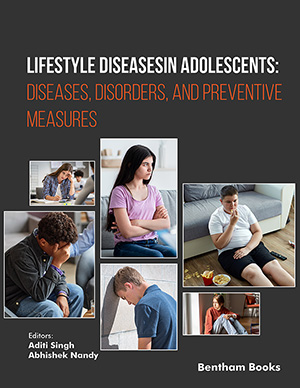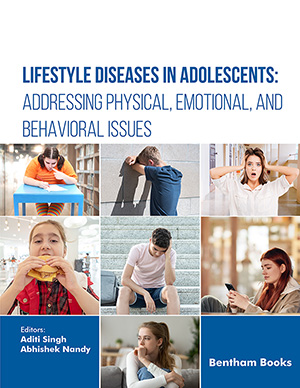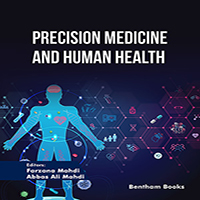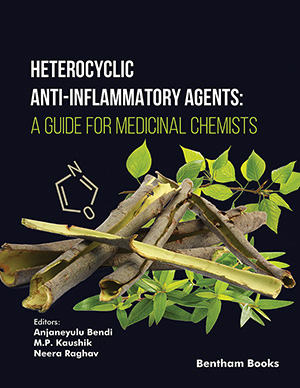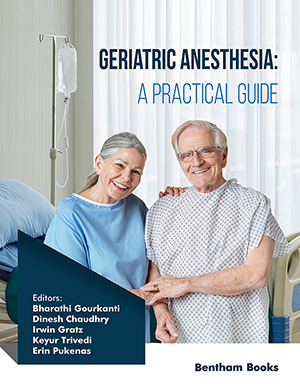Abstract
Hypoglycemia is a limiting adverse effect of glucose-lowering medications and particularly insulin replacement therapy. This review provides insights into the burden of hypoglycemia in the management of diabetes and outlines strategies available to reduce the risk of hypoglycemia and improve patients’ well-being. People with type 1 diabetes are primarily affected by hypoglycemic episodes which are associated with direct physical harms like injuries and cardiac events as well as indirect psychosocial consequences including constant anxiety, absenteeism, increased healthcare costs and overall poorer quality of life. These complications are more prominent amongst individuals with hypoglycemia unawareness or overnight hypoglycemia and could even extend to caregivers such as parents of children with diabetes. Patients experiencing frequent or severe hypoglycemic events might also develop a pathological fear of hypoglycemia and adopt aberrant behaviors intending to maintain higher blood glucose levels. Modern pharmaceutical options with a safer profile in terms of hypoglycemia are available including novel basal insulins with lower rates of nocturnal hypoglycemia along with ultra-rapid-acting insulin analogs with a shorter duration of action that might avert late post-meal hypoglycemia. Continuous glucose monitoring and sensor-augmented insulin pump therapy with low glucose suspend technology can also prevent hypoglycemia, although concerns about cost and patient satisfaction remain. Advancements in insulin therapy and technological modalities should be coupled with ongoing education and support for patients to become co-managers of their disease and reduce the risk of hypoglycemia.
Keywords: Hypoglycemia, insulin therapy, fear of hypoglycemia, diabetes distress, hypoglycemia unawareness, diabetesrelated quality of life.
[http://dx.doi.org/10.2147/PPA.S262358] [PMID: 33061315]
[http://dx.doi.org/10.1002/brb3.2633] [PMID: 35620854]
[http://dx.doi.org/10.2337/dc17-1624] [PMID: 29162582]
[http://dx.doi.org/10.2337/dci19-0028] [PMID: 31177185]
[http://dx.doi.org/10.2337/dc17-1600] [PMID: 29162583]
[http://dx.doi.org/10.2337/diab.46.2.271] [PMID: 9000705]
[http://dx.doi.org/10.2337/dc07-1066] [PMID: 17909091]
[http://dx.doi.org/10.1056/NEJMoa0802743] [PMID: 18539917]
[http://dx.doi.org/10.1046/j.1464-5491.2001.00620.x] [PMID: 11606166]
[http://dx.doi.org/10.2337/dc10-1915] [PMID: 21421802]
[http://dx.doi.org/10.1056/NEJMra1215228] [PMID: 23883381]
[http://dx.doi.org/10.1136/postgradmedj-2014-133017] [PMID: 25827438]
[http://dx.doi.org/10.2337/dc10-1343] [PMID: 21346182]
[http://dx.doi.org/10.1007/s00592-018-1217-9] [PMID: 30159745]
[http://dx.doi.org/10.1186/1477-7525-11-90] [PMID: 23731777]
[http://dx.doi.org/10.3111/13696998.2011.610852] [PMID: 21854191]
[http://dx.doi.org/10.1001/jamainternmed.2013.6176] [PMID: 23753199]
[http://dx.doi.org/10.3390/healthcare11070949] [PMID: 37046876]
[http://dx.doi.org/10.1016/j.numecd.2016.10.005] [PMID: 28017523]
[http://dx.doi.org/10.1007/s00125-017-4334-z] [PMID: 28660491]
[http://dx.doi.org/10.1007/s001250050769] [PMID: 9267987]
[http://dx.doi.org/10.2337/dc11-1579] [PMID: 22619082]
[http://dx.doi.org/10.2337/dc14-0030] [PMID: 24854041]
[http://dx.doi.org/10.2337/diacare.22.7.1022] [PMID: 10388961]
[http://dx.doi.org/10.1207/s15327558ijbm1104_4] [PMID: 15657021]
[http://dx.doi.org/10.1002/dmrr.710] [PMID: 17245692]
[http://dx.doi.org/10.1111/pedi.12934] [PMID: 31610073]
[http://dx.doi.org/10.1177/2633559X211068884]
[http://dx.doi.org/10.7326/M18-0443] [PMID: 29987326]
[http://dx.doi.org/10.2337/cd20-0119] [PMID: 34866783]
[http://dx.doi.org/10.1111/dom.14461] [PMID: 34105242]
[http://dx.doi.org/10.20945/2359-3997000000614] [PMID: 37249450]
[http://dx.doi.org/10.2337/dci22-0034] [PMID: 36148880]
[http://dx.doi.org/10.1007/s12020-017-1293-6] [PMID: 28401444]
[http://dx.doi.org/10.1007/s00592-020-01483-y] [PMID: 32025860]
[http://dx.doi.org/10.1177/1932296816653411] [PMID: 27257169]
[http://dx.doi.org/10.1136/bmj.k1310] [PMID: 29669716]
[http://dx.doi.org/10.4093/dmj.2022.0035] [PMID: 35746893]
[http://dx.doi.org/10.1111/dom.12689] [PMID: 27161418]


















